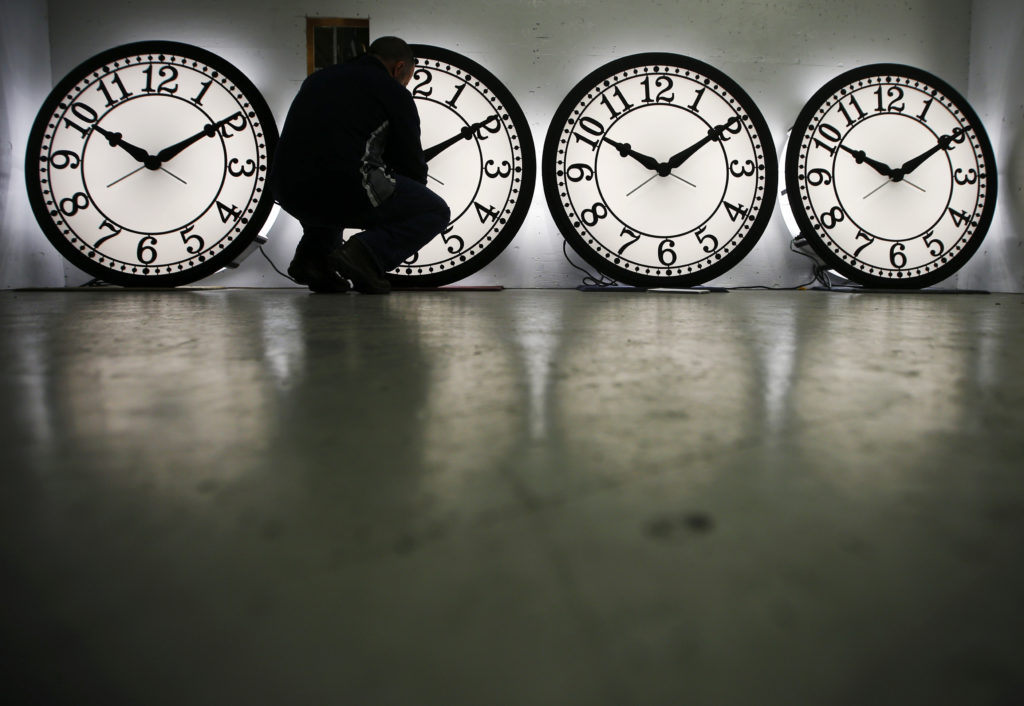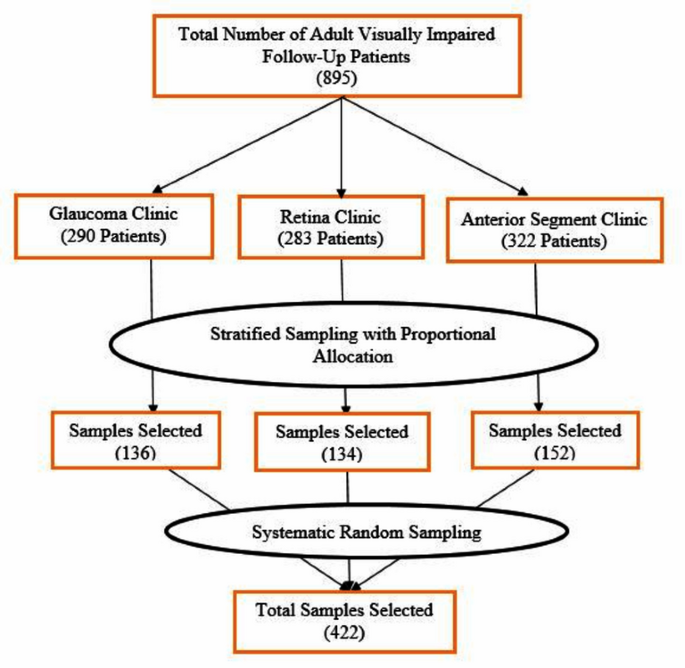What Is Menopause? | National Institute on Aging

Español
Menopause describes the stage of a woman’s life when her menstrual periods stop permanently, and she can no longer get pregnant. Menopause is not a disease or disorder — it is a normal part of aging for women. The time leading up to menopause is called the menopausal transition or perimenopause.
Some women have no or mild menopausal symptoms and may even feel relieved when they no longer need to worry about periods or getting pregnant. For other women, the menopausal transition can bring various symptoms, including hot flashes, night sweats, trouble sleeping, joint and muscle discomfort, pain during sex, moodiness and irritability, forgetfulness, difficultly concentrating, or a combination of these. Women who are concerned by menopausal symptoms should talk with a doctor about lifestyle changes or medications that might help.
-
Learn more about women’s health
DiscoverWHR is a centralized resource for women’s health research and information from NIH. You can find information about menopause and other topics related to women’s health and learn more about clinical trials and NIH-funded research. Visit the DiscoverWHR portal.
Menopause.gov is an online resource from the Office on Women’s Health at the U.S. Department of Health and Human Services. It provides reliable information about menopause symptoms, available treatment and management options, and guidance for staying healthy during and after this stage of life.
Understand the menopausal transition
The transition into menopause usually starts with changes in women’s menstrual cycle patterns, often accompanied by hot flashes or other symptoms. Most women begin the menopausal transition between ages 45 and 55, and the process may last for several years. Women reach menopause at different ages, and the average age of menopause is 52 in the United States. You will only know that you’ve reached menopause when you have not had a period or spotting for a full year.
During the menopausal transition, the body’s production of estrogen and progesterone, two hormones made by the ovaries, declines greatly. Changes in these hormones may explain the symptoms that some women experience during this time.
Symptoms related to menopause can last for between two and eight years, though the timing and symptoms are highly variable among women. These factors are likely influenced by a woman’s genetics as well as external factors, such as race and ethnicity, culture, lifestyle, and environment. For example, smoking is associated with an early onset of menopause and more severe menopausal symptoms. Compared with White women, Black women are more likely to have an early onset of menopause, experience more menopausal symptoms, and have symptoms for longer, while Asian women are less likely to suffer from menopausal symptoms.
In addition, during the menopausal transition, the body begins to use energy differently. The distribution of fat in the body changes, and women may gain weight more easily. They may also experience changes in their bone density, heart health, body shape and composition, or physical function.
Is it menopause?
It may be difficult for you and your doctor to tell whether you are in the menopausal transition. If you are having symptoms like hot flashes, irregular periods, or trouble sleeping, your doctor may ask questions about your age, symptoms, and family history to determine if the menopausal transition is a likely cause. In some cases, for example if a woman’s periods stopped at an early age, a doctor may suggest a blood test to check hormone levels.
While the menopausal transition may commonly be referred to as “menopause,” true menopause can’t be confirmed until one year after a woman’s final menstrual period. For that reason, a woman who does not want to get pregnant should continue to use birth control for at least a full 12 months after her last period.
Menopause is a natural process that usually happens on its own as women age. However, menopause can also result from the surgical removal of both ovaries. If you have surgery to remove your ovaries and are not taking hormones, you will stop having periods and may experience symptoms of menopause immediately.
After menopause, women are more vulnerable to certain health conditions, including heart disease, stroke, and osteoporosis. During this time, it is important to continue to eat a healthy diet, stay active, and get enough calcium and vitamin D for optimal bone health.
-
Study of Women’s Health Across the Nation
The Study of Women’s Health Across the Nation (SWAN) is a multisite, long-term study funded by NIH to understand the menopausal transition and its impact on health of women during midlife and beyond. Explore research findings from SWAN in this series of fact sheets covering bone health, memory and cognition, hot flashes, and more.
What are the signs and symptoms of menopause?
How women experience the menopausal transition can vary. Many women have mild symptoms that can be managed with lifestyle changes, such as avoiding caffeine, dressing in layers, or carrying a portable fan. For other women, symptoms can be more severe and last for years. The severity of symptoms varies greatly around the world, by race and ethnicity, and among individual women.
Here are the most common changes you might notice at midlife. Some may be part of aging rather than being directly related to menopause.
Changes in your period. This might be what you notice first. Your periods may no longer be regular. They may be shorter or last longer. You might bleed more or less than usual. All of these can be normal changes, but to make sure there isn’t a problem, see your doctor if:
- Your periods happen very close together.
- You have heavy bleeding.
- You have bleeding or spotting after sex or between periods.
- Your periods last more than a week.
- You start bleeding or spotting again after not having a period for more than a year.
Hot flashes and night sweats. Hot flashes and night sweats (also called vasomotor symptoms) are among the most common symptoms of menopause. A hot flash is a sudden feeling of heat, most often in the upper body and face. Your face and neck may become flushed. Red blotches may appear on your chest, back, and arms. Heavy sweating and cold shivering can follow. Night sweats are hot flashes that occur during the night and may disrupt sleep. Most hot flashes last between 30 seconds and 10 minutes. They can happen several times an hour, a few times a day, or just once or twice a week.
Although it isn’t clear why hot flashes are so common during the menopausal transition, they are likely related to changing hormone levels. For many women, hot flashes last for many years after menopause. Find information on managing hot flashes in Hot Flashes: What Can I Do?
Loss of bladder control. During menopause, many women develop bladder or urinary problems. A loss of bladder control is called incontinence. You may have a sudden urge to urinate, or urine may leak during exercise, sneezing, or laughing. Menopause also increases the risk of developing urinary tract infections. If you are experiencing urinary problems, talk with a doctor about medications, exercises, and other strategies that might help.
Problems with sleep. Around midlife, some women start having trouble getting a good night’s sleep. Maybe you can’t fall asleep easily, or you wake too early. Night sweats or a need to urinate might wake you up. And if you wake up during the night, you might have trouble going back to sleep. Learn how to improve your sleep during the menopausal transition and beyond in Sleep Problems and Menopause: What Can I Do?
Changes in vaginal health and sexuality. Around menopause, the vagina may become drier, which can make sexual intercourse uncomfortable. Read about options for addressing vaginal pain during sex in Sex and Menopause: Treatment for Symptoms. You may also find that your feelings about sex change. Your sex drive might be lower, or you could feel freer and more comfortable because after one full year without a period, you can no longer become pregnant. However, you could still be at risk for sexually transmitted infections, such as gonorrhea or HIV.
Mood changes. You might feel moodier or more irritable around the time of menopause. Scientists don’t know why this happens. It’s possible that stress; family responsibilities, such as supporting growing children or caring for aging parents; depression; or feeling extra tired could be causing these mood changes. Talk with your primary care provider or a mental health professional about what you’re experiencing. There are treatments available to help.
Your body seems different. Your waist could get larger. You could lose muscle and gain fat. Your skin could become thinner and drier, and your joints and muscles could feel stiff, weak, and achy. You might have memory problems or trouble focusing. Researchers are exploring such changes and how they relate to hormone changes and growing older. If you are concerned about your symptoms, follow up with a doctor.
-
My Menoplan tool
My Menoplan is an evidence-based online resource developed by NIA-funded researchers to help people learn about the symptoms and treatments of menopause and create a personalized plan. Learn more on the My Menoplan website.
Managing menopause symptoms: What’s right for me?
Deciding whether and how to treat symptoms related to menopause can be complicated and personal. Many women find that they do not need treatment for their menopause symptoms. For women who want to pursue treatment, options may include lifestyle changes, nonhormonal medications, and hormones. To determine the approach that’s right for you, discuss your symptoms, family and medical history, and preferences with your doctor. No matter what you decide, see your doctor every year to talk about your treatment plan, bring up any concerns, and discuss any changes you want to make.
Learn about options to help you manage hot flashes, sleep problems, and sex problems during the menopausal transition.
You may also be interested in
For more information on menopause
Office on Women’s Health
Department of Health and Human Services
800-994-9662
www.womenshealth.gov
This content is provided by the NIH National Institute on Aging (NIA). NIA scientists and other experts review this content to ensure it is accurate and up to date.
Content reviewed:
link





:max_bytes(150000):strip_icc()/Health-GettyImages-2185740754-ea05873f093c4ae0b9140583dc7a7ccc.jpg)


